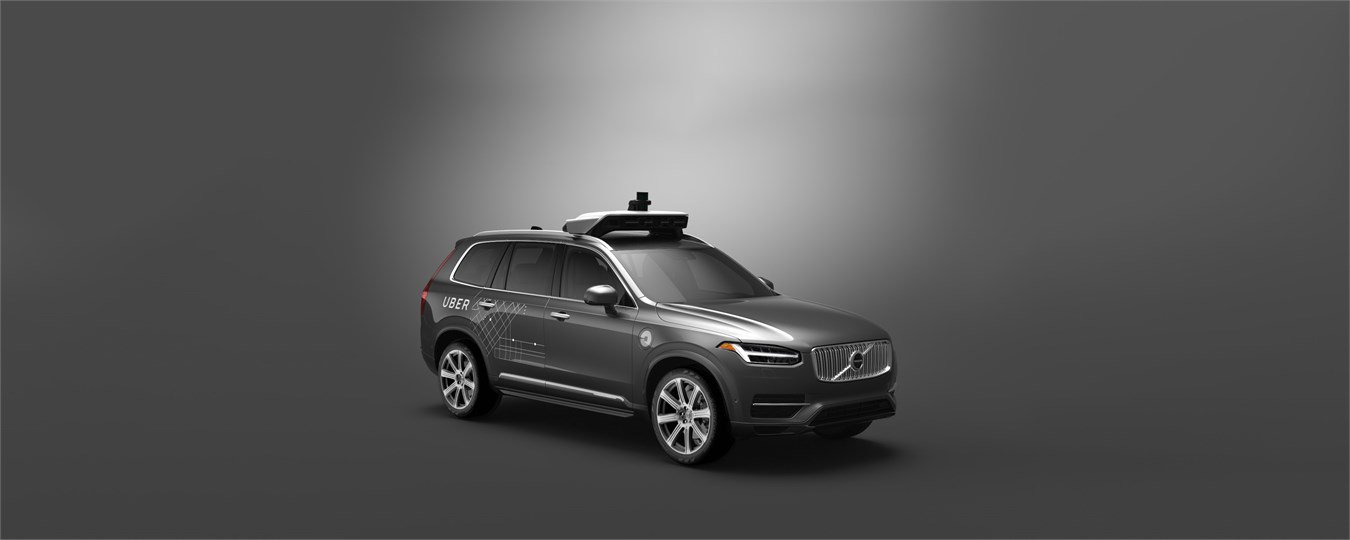(REPOST:Autovista Group)
Manufacturers are facing a shift in vehicle ownership with consumers expected to move to ridesharing platforms, especially with autonomous vehicle technology taking away the need for passengers to learn how to drive. Therefore the need to diversify into running their own sharing schemes or supplying those already established will help car makers succeed no matter what the future brings.

Volvo’s deal with Uber will allow it to ride out any potential storm that changes in ownership models may bring. The cars to be supplied are developed on the Swedish company’s fully modular in-house developed Scalable Product Architecture (SPA), currently used on Volvo Cars’ top-of-the-line 90 series cars as well as on the new XC60 midsize SUV.
‘The automotive industry is being disrupted by technology and Volvo Cars chooses to be an active part of that disruption,’ said Håkan Samuelsson, president and chief executive. ‘Our aim is to be the supplier of choice for AD ride-sharing service providers globally. Today’s agreement with Uber is a primary example of that strategic direction.’
Volvo Cars’ engineers have worked closely together with engineers from Uber to develop the XC90 premium SUVs that are to be supplied to the ridesharing company.?The manufacturer states that base vehicles incorporate all necessary safety, redundancy and core autonomous driving technologies that are required for Uber to add its own self-driving technology.
‘We’re thrilled to expand our partnership with Volvo,’ said Jeff Miller, head of auto alliances at Uber. ‘This new agreement puts us on a path towards mass produced self-driving vehicles at scale.’
At the same time as providing Uber with AD compatible cars, Volvo will use the same base vehicle in the development of its own independent autonomous car strategy, which is planned to culminate in the release of its first fully autonomous car in 2021. The company is already pursuing a future with only electric and hybrid vehicles from 2019.


